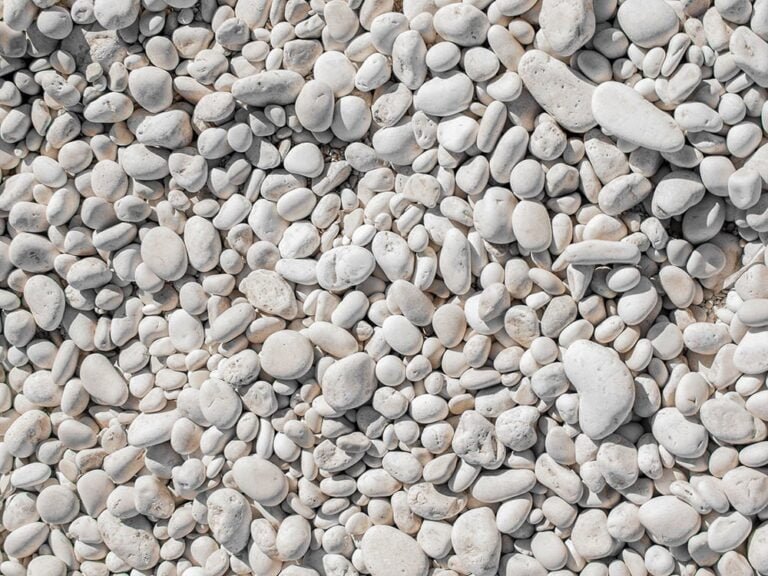verb: suivre
I. Meanings of “Suivre” 1. To Follow:The most common usage of “suivre” is to indicate following someone or something. For example: 2. To Follow a Course:“Suivre” can also be used to describe tracking or taking a course of action, such as following a recipe or a study program: 3. To Keep Up With:In contexts involving…









